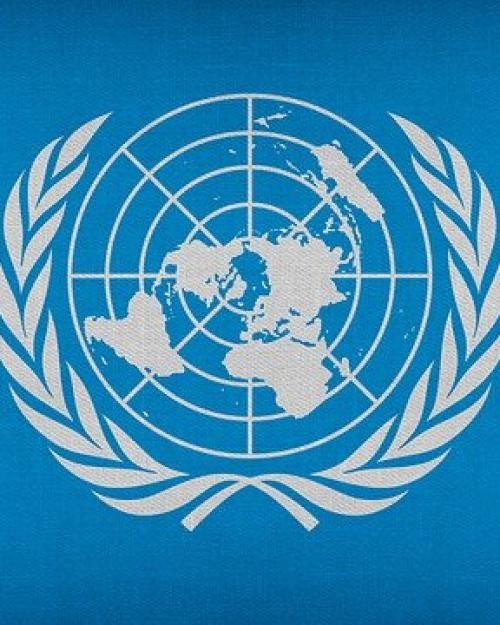The United Nations General Assembly will take a vote today on expelling Russia from the U.N. Human Rights Council as the country comes under increased scrutiny over the killing of civilians in Bucha, Ukraine.
Cristina Florea, assistant professor and historian of Central and Eastern Europe in the College of Arts & Sciences, says Russia’s continued membership in the Security Council should be in question too.
“In his address before the U.N., Ukrainian President Volodymyr Zelenskyy questioned the Security Council’s viability given that Russia holds a permanent seat on it. The problem he highlighted goes back to the end of World War II, when the Soviet Union became one of five permanent members," says Florea.
“By joining, the Soviet Union became an architect of the postwar order. Simultaneously, however, the Soviets thought of themselves as inhabiting another space, one shaped not by intergovernmental agreements but by a very different goal: that of achieving global socialism. They were, so to speak, with one foot in the international system and the other outside of it, always reserving the right to question the international order they helped found. As the Soviet Union’s main successor, Russia continued this pattern of behavior after 1991."
“Russia's continued membership in the Security Council makes this body completely ineffective because Russia does not fully recognize the underlying principles of the postwar global order and can undermine them from within,” Florea says.
The Russian ambassador to the U.N., Vasily Nebenzya, "in the face of undeniable evidence of war crimes, insisted that Russian soldiers did not do anything wrong – and that photographic evidence of atrocities was fabricated," says Florea.
“His response and Russia’s general attitude are reminiscent of Soviet behavior in World War II, when similar atrocities Soviet soldiers perpetrated against civilians were uncovered – only to be denied and ascribed to enemy propaganda. The most memorable example would be the execution of more than 21,000 Polish officers in territories of Eastern Poland that the Soviets occupied following their secret agreement with Nazi Germany in August 1939.
“The Soviet Union’s victory in World War II and their participation in the Nuremberg trial as prosecutors, rather than criminals, allowed them to continue denying the crimes they had perpetrated during their own occupation of Eastern Europe in 1939-1940. Nobody ever held them accountable for these crimes either.
“Nebenzya’s argument that the people running Ukraine are Nazi collaborators highlights that Putin is still drawing legitimacy from the Soviet Union’s role in defeating Nazism in World War II. And he is still expecting that Russia will not be held accountable for its own crimes for this reason,” says Florea.
For media inquiries, contact Becka Bowyer, (607) 220-4185, rpb224@cornell.edu.




